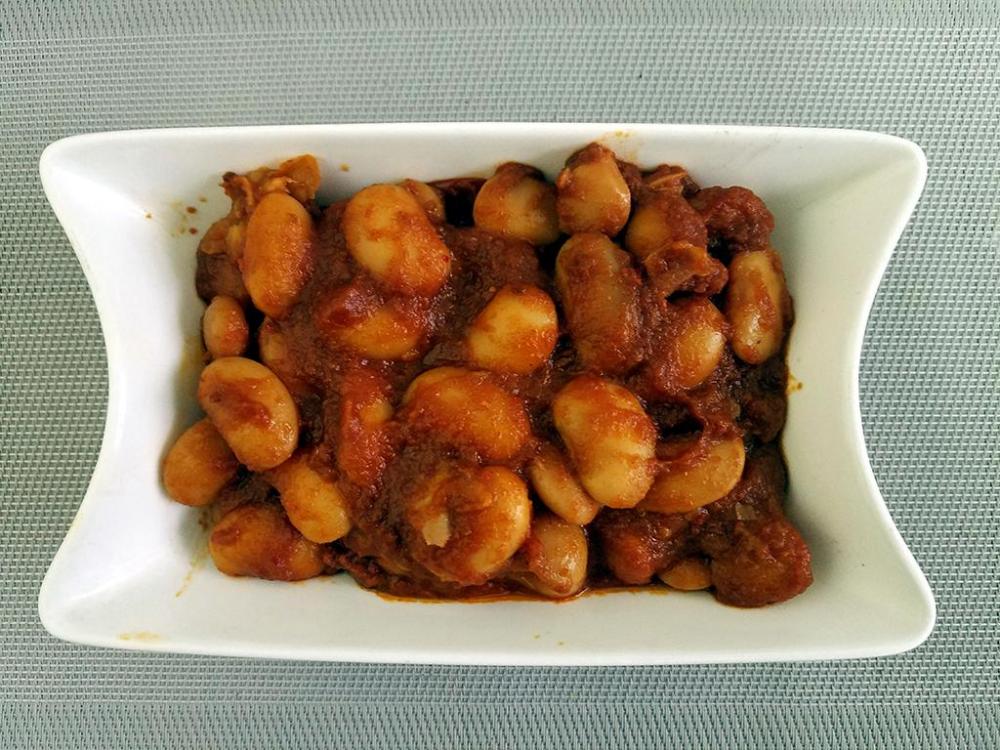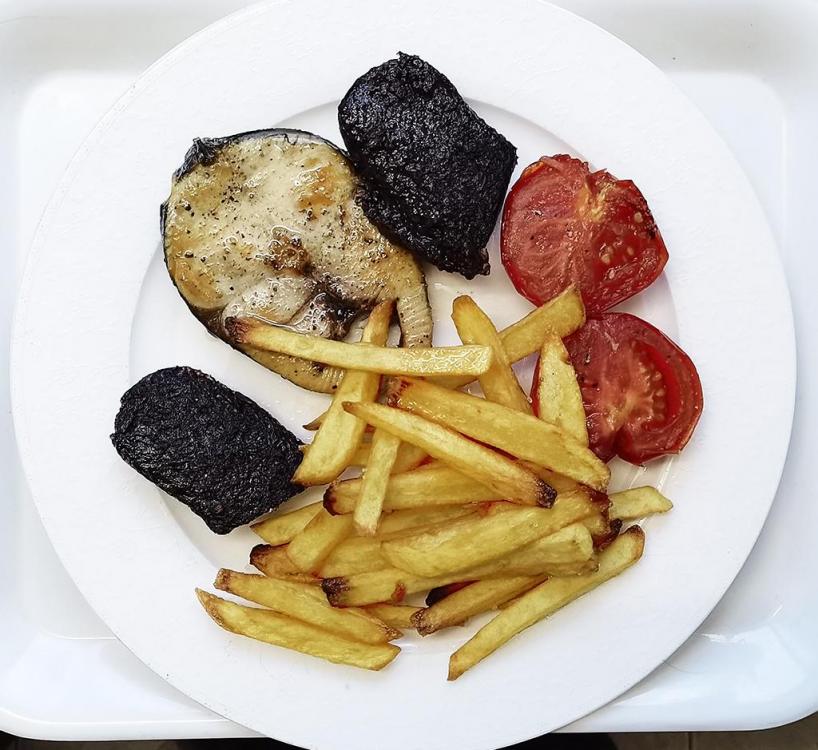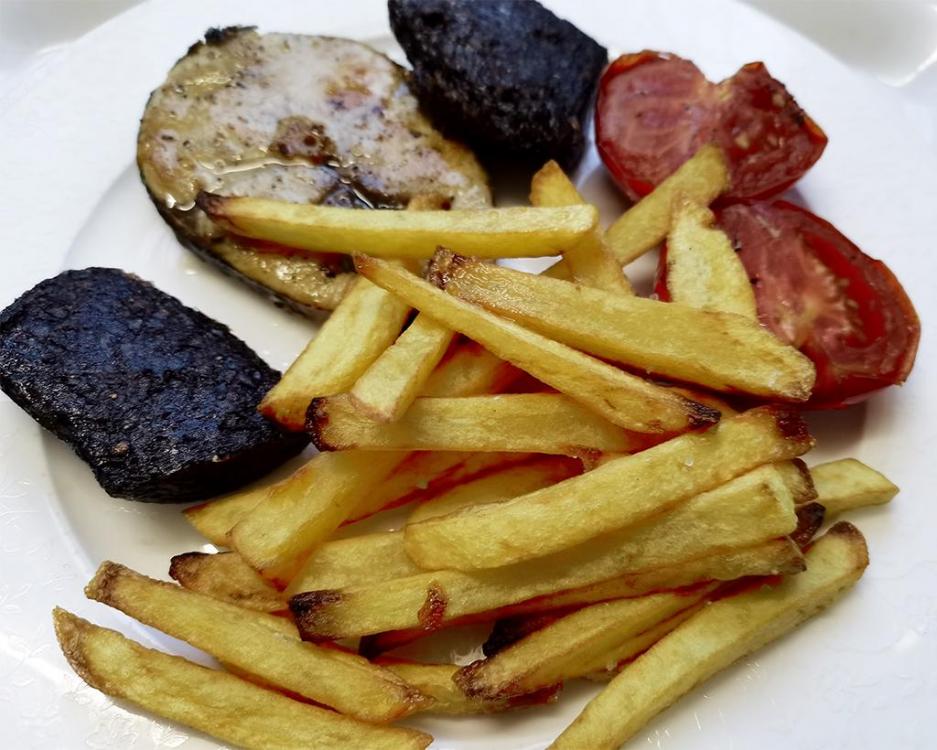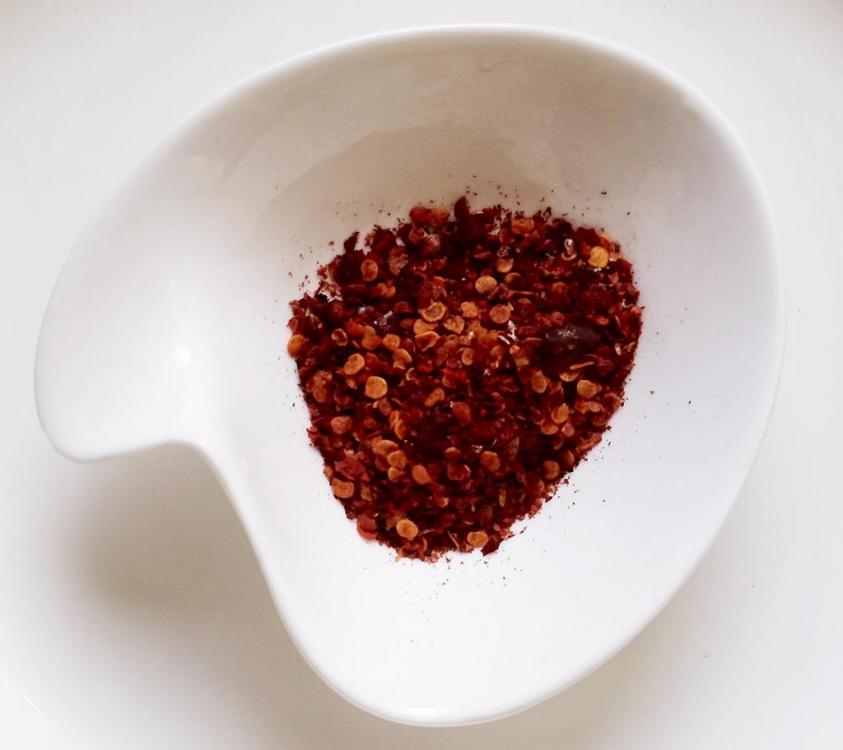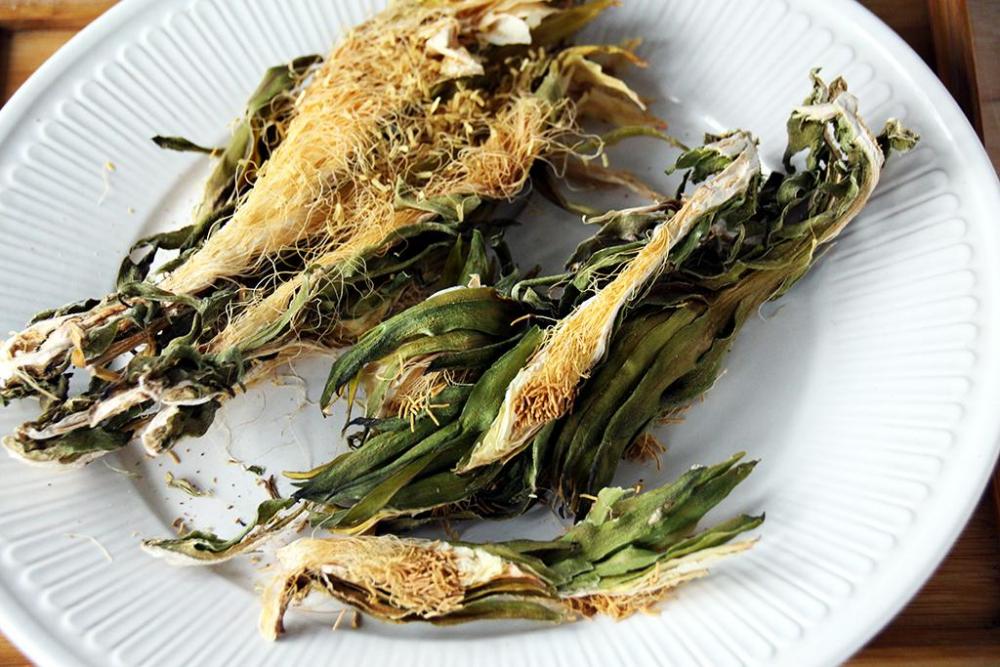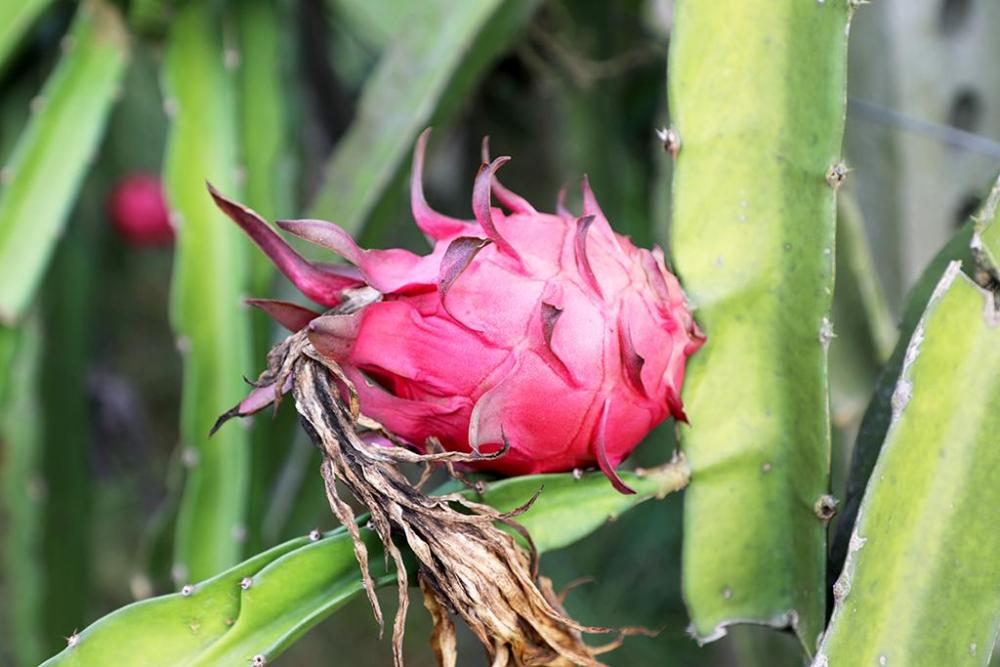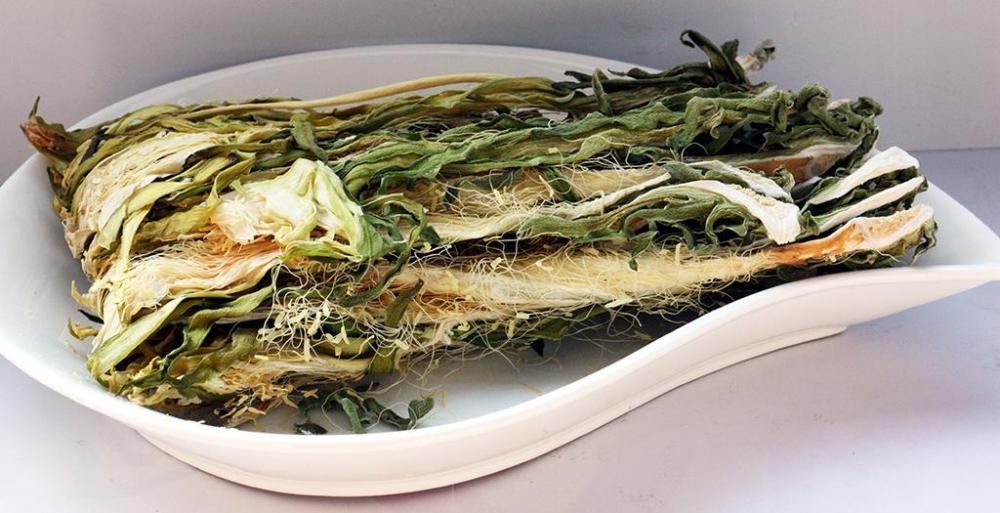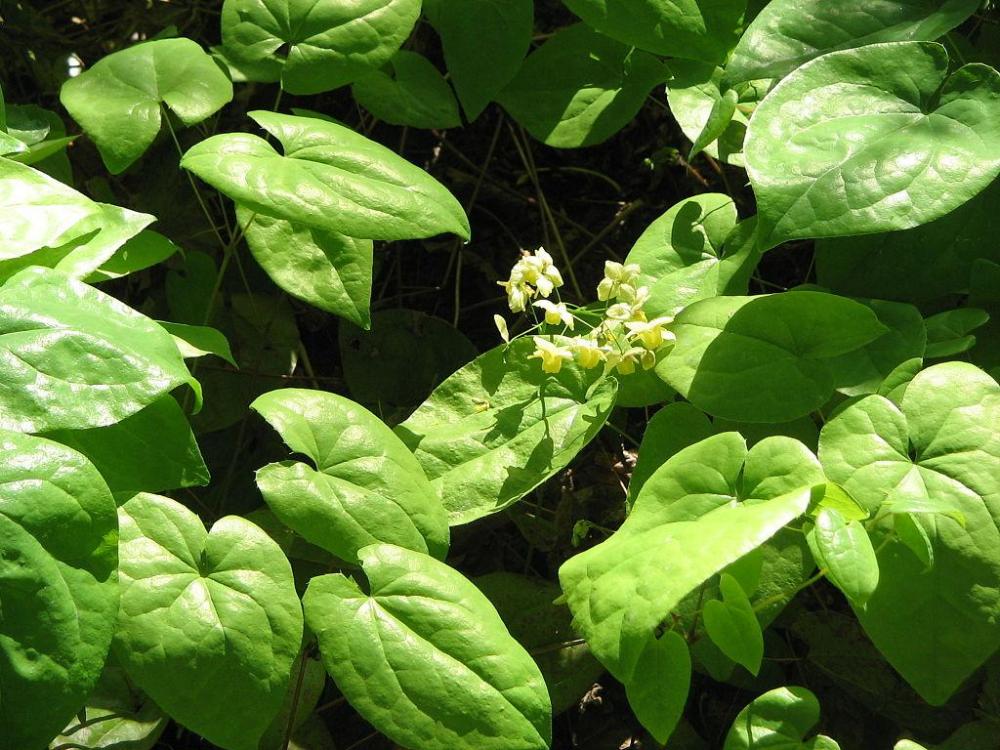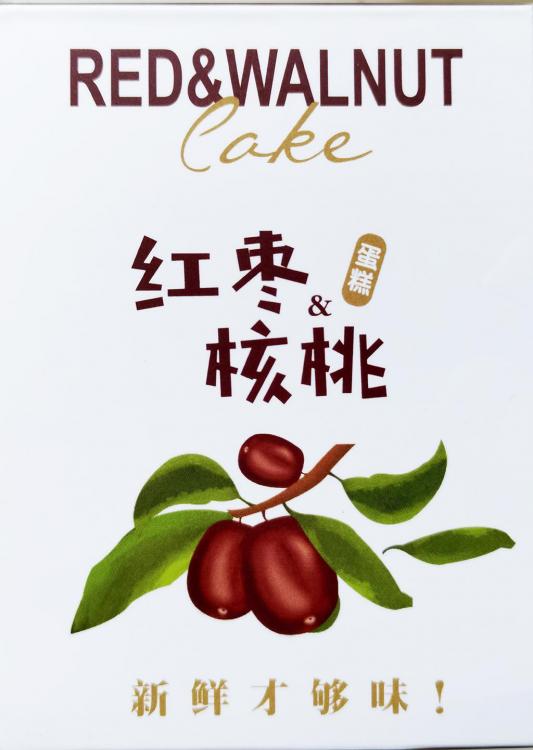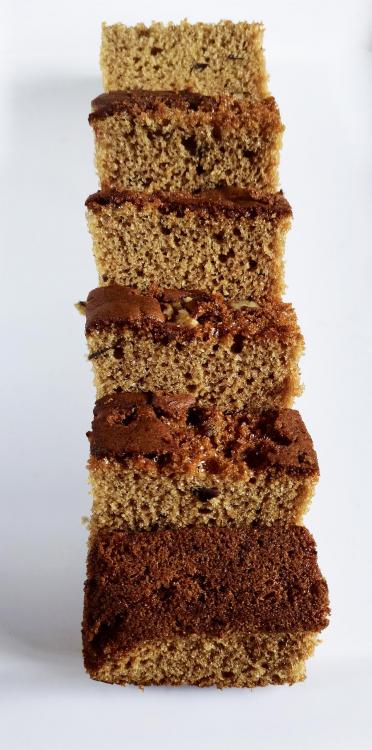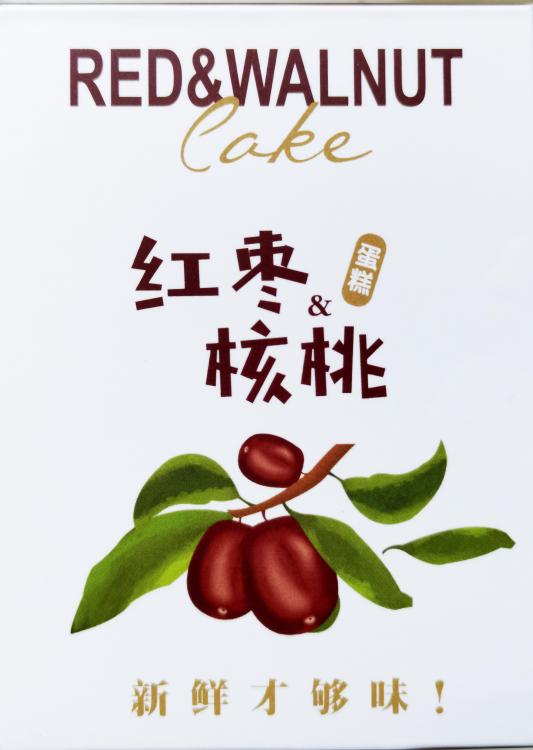-
Posts
16,814 -
Joined
-
Last visited
Content Type
Profiles
Forums
Store
Help Articles
Everything posted by liuzhou
-
Tending the ganoderma consists of topping up the water in the pot to keep the log of wood fibre in a moist atmosphere. Take about 30 seconds every second day. Initial set up took maybe 5 minutes.
-
Same here Yes, oyster mushrooms leave me cold. The place I got my ganoderma starter kit also has about ten different oyster mushrooms, all in different colours. Pretty but tasteless. I have ordered some 'king oyster 'shrooms' / 'eringii' and some black woodear starter kits. They do also have shimeji as well as shiitake. Haven't seen maitake kits though. To be honest, I'm growing these more for the fun of it, rather than to obtain the results, which it would be less trouble to pick up from the supermarket.
-
As I posted on the Food Funnies topic earlier in the week. This one I have eaten more than once. Although it's mainly used medicinally as a cancer preventative, if not cure*, it is often cooked with chicken (灵芝鸡汤 - líng zhī jī tāng, literally 'ganoderma chicken soup'). * I guess some people know I am very sceptical about Chinese Traditional Medicine (TCM), but western medical research organisations and cancer research charities are taking this one seriously and investigating its properties scientifically.
-
I've set up a ganoderma lucidum farm to the right of my desk. They are beginning to emerge. There are more on the other side.
-
That was a shock to wake up to. It seems like only yesterday he "liked" one of my posts and reposted it on Facebook. Looking back, I see it was on the 8th. The cook-offs have always been inspiring. He will be missed by many people who only 'knew' him online; my thoughts go out to his family and friends. Gone too young.
-
Potatoes are not China's strong point. All I have ever seen are two types: the most common is red-skinned waxy (above) and then occasionally we get a white-skinned waxy (below). Most people don't know there are any other varieties! Chains such as McD's and KFC have their own farms here to get the 'correct' potatoes for their fries. I am unable to suggest any equivalents as I don't know many American varieties. The potatoes we have in the UK are different again. I know what I'd use there - Maris Piper. But I would say any good boiling potato that doesn't turn to mush would work well in this dish. You want a slight bite to the potato.
-
I totally agree. It was not my intention to ridicule. I just thought that it was unusual. My real name is 🥢.
-

Culinary Treasures in the Australian Countryside
liuzhou replied to a topic in Australia & New Zealand: Dining
Thanks. Not an expression I've come across before. -

Culinary Treasures in the Australian Countryside
liuzhou replied to a topic in Australia & New Zealand: Dining
What's a trady -ie, please? -
I find most soups impossible to photograph attractively. They tend to look like muddy ponds! That is far from the worst I've seen!
-
22. Meat, Rice, then Soup This morning, I had the misfortune to read this appallingly error-ridden article from Atlas Obscura on the interwebs. Among the many downright errors is this. In China, ... rice is served after meat and before the soup? In her deluded dreams. (Who has '8' for a name?) Rice and main dishes are nearly always served together, so no one would find it in the slightest bit odd. The only time food is served the way she describes is at highly formal banquets, but most often not even then. I have been to uncountable banquets in China and never once has soup been served last. Nearly always first, just as in western cuisines. Always early in the parade of dishes. The habit of serving the soup last is traditionally Cantonese, but that only applies to less than 4% of the population and is not universally applied. I won't get into all the other errors here. Grrr!
-
-
I'm putting this here, although it was more brunch. Pan fried mackerel dressed with litsea oil, blood sausage, fried tomato and triple cooked chips. Seconds were had.
-
I have, in the past, dried and ground 朝天椒 (cháo tiān jiāo), "facing heaven peppers" as used in Sichuan cuisine. I still keep a small jar of it handy, but just buy it in the market, where it is easily available. That said, I tend to use them whole and unground much more. This is from the last batch I made.
-
Japanese Artist Has Drawn Every Meal He’s Eaten for 32 Years: Behold the Delicious Illustrations of Itsuo Kobayashi
-
- 1
-

-
In the UK, they are less than the equivalent of $0.90 USD. Tesco UK is advertising them at 87 cents a standard 415g can today.
-
Perhaps not a traditional funny, but it made me smile.
-
42. 霸王花 (bà wáng huā) – Pitaya Flowers – Selinicereus undatas Dried Pitaya Flowers Of course, as soon as I say the topic is done and dusted, I think of another herb. Pitaya - Dragon Fruit Pitaya, pitahaya, dragon fruit; call it what you will. The Chinese is 火龙果 (huǒ lóng guǒ), literally ‘fire dragon fruit’. They are the fruit of a night-flowering cactus, native to the Americas, but long cultivated in China. What is perhaps less well known is the flowers are also edible and used both in TCM and as a herbal dinner ingredient. The flowers are sold dried and are known as 霸王花 (bà wáng huā). Both the flowers of the white (Selinicereus undatas) and red fleshed (Selenicereus costaricensis) varieties are used. They are used to make tisanes and other drinks as well as being used in a number of soups. The flavour, stronger than the fruit, is mildly herbal and refreshing with a sweet scent. Here is a video of one recipe, which for obvious reasons, I have never made exactly as shown! I have done similar soups missing that one disgusting ingredient she uses. The narration is in Cantonese, but there are English subtitles. Note she refers to the flowers as Hylocereus undatus, an older scientific name, now disused.
-
41. 淫羊藿 (yín yáng huò) – Barrenwort – Epimedium Epimediom versicolor - Image licensed under the Creative Commons Attribution-Share Alike 3.0 license. I think I’m pretty much done in this topic, unless something unexpected turns up, but I feel I couldn’t leave you without this. Epidemium is a group of flowering herbaceous perennials growing from a ginger-like rhizome. There are over 60 species in the group, most of which are native to China. It is not, I am happy to say, a herb that I have ever personally encountered or sought out. I have however heard of it. The Chinese name, 淫羊藿 (yín yáng huò), is what first drew my attention out of linguistic interest. That first character 淫 (yín) appears in many words, nearly all referring to licentiousness, particularly derogatorily towards women. The second character 羊 (yáng) means ‘sheep’ or ‘goat’ and last, 藿 (huò) means ‘weed’. English names include the above mentioned ‘barrenwort’ along with bishop's hat, fairy wings, and the delightful ‘horny goat weed’. I’m told that the leaves are much appreciated as an aphrodisiac, not something I have any use for. The last English name mentioned comes from its flowers supposed resemblance to crushed goat testicles. Never having knowingly seen such things, I can’t attest to the accuracy of the nomenclature. Thanks to @Tropicalseniorfor prompting me to start this whole spicy and herbal topic in the first place. It has been fun for me to explore and hopefully the same for some you out there, too.
-
Afternoon tea (minus the tea). They missed a word out of the English. It is red date and walnut cake. That is Chinese dates / jujubes. Very soft sponge and not too sweet. Rather pleasant.





.thumb.jpg.b7b147da4bc9a38ee8829ca1bbc529a6.jpg)
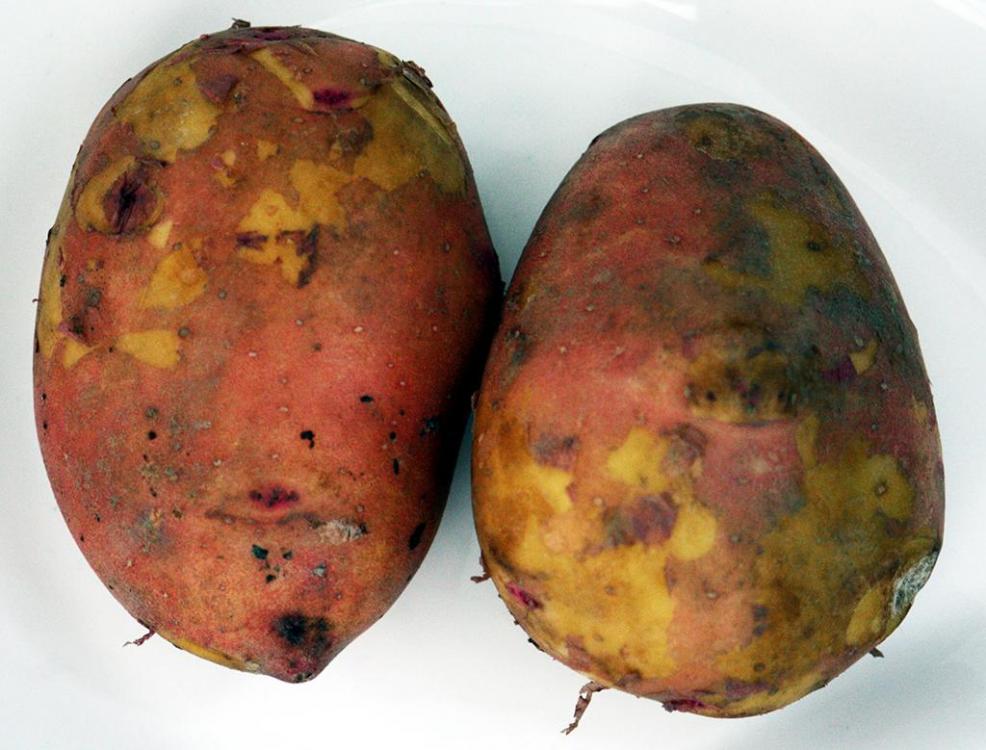
.thumb.jpg.4bf3f14b998a57de1fd4bb8d67913085.jpg)
